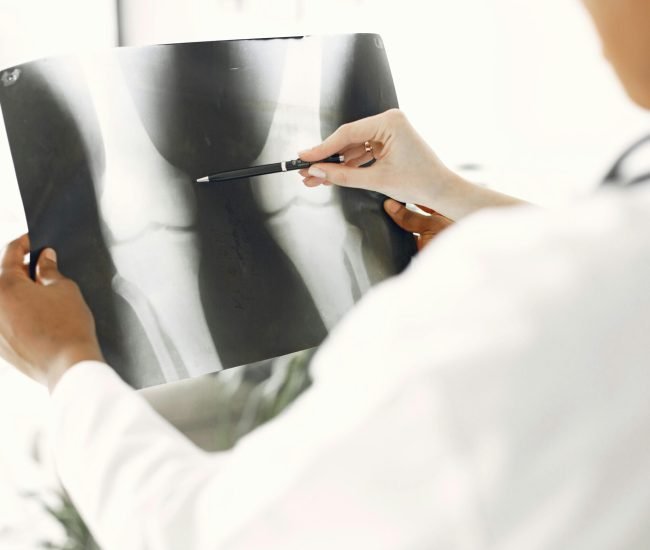Knee Replacement
Knee replacement surgery is a common procedure aimed at alleviating pain and restoring function in patients with severe knee arthritis or injury. Pre-operative care is crucial for setting realistic expectations and preparing patients for the journey ahead. This includes discussing the importance of adhering to rehabilitation protocols and emphasizing the role of physical therapy in achieving the best possible outcomes. Understanding the steps involved in their recovery can empower patients, making them active participants in their healing process.
Post-operatively, effective pain management is vital to facilitate rehabilitation. Patients should be educated about the medications prescribed and encouraged to communicate openly about their pain levels. Additionally, incorporating non-pharmacological methods, such as ice therapy and relaxation techniques, can enhance comfort and promote healing. Close monitoring for complications is essential during this phase; healthcare providers must remain vigilant for any signs that may indicate infection or other issues, ensuring prompt intervention when necessary.

Knee Replacement Care Tips
- Pre-Operative Education: Educate patients about the procedure, recovery expectations, and rehabilitation process to alleviate anxiety and ensure informed consent.
- Pain Management: Collaborate with healthcare providers to develop an effective pain management plan, including medications and alternative therapies.
- Physical Therapy: Encourage participation in physical therapy to improve strength, flexibility, and mobility post-surgery.
- Monitor for Complications: Keep an eye out for signs of infection, blood clots, or unusual swelling, and report these to the healthcare team promptly.
- Assist with Mobility: Help patients use assistive devices like walkers or crutches as they begin to mobilize after surgery.
- Follow-Up Appointments: Ensure patients attend all follow-up appointments for proper evaluation of the knee’s healing and functionality.
